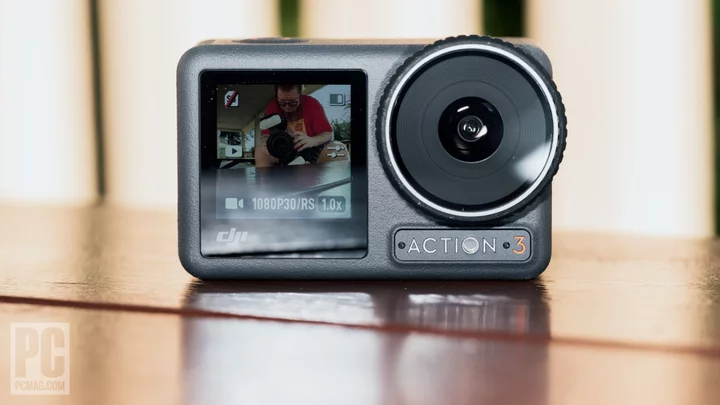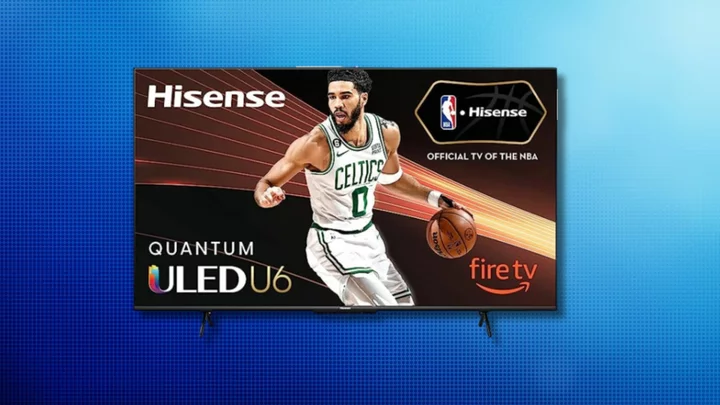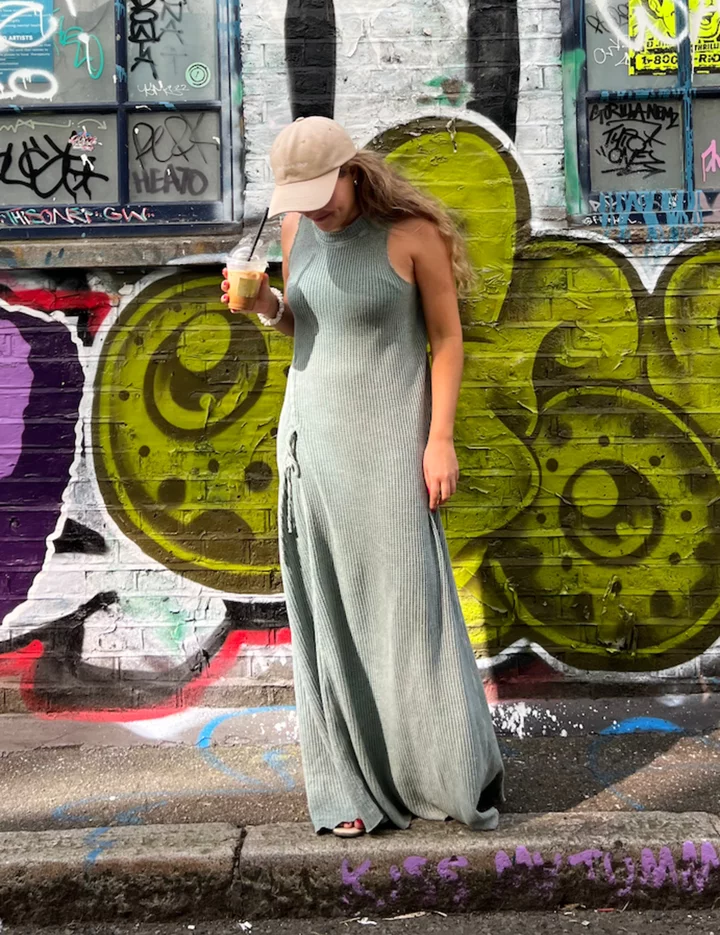Action cameras are small, lightweight, and sometimes even waterproof. They're useful because you can mount them to pretty much anything—from skateboards, surfboards, and bicycles, to helmets, body parts, and even your pets.
They have all but replaced traditional camcorders in the marketplace. Family historians and budding cinematographers now use a GoPro or similar camera for wide shots and vlogs, while smartphones and newer mirrorless cameras are the tools of choice for home movies.
Action cams also have a place in professional work. You should use a camera with a big sensor and interchangeable lenses when you can, but modern action cams capture video that's good enough to intercut. Think about shots that show the interior of an exploding car, for instance—a GoPro likely recorded the event.
Below, we highlight our favorite action cams across a wide range of budgets. And if you're not sure where to begin, check out our buying advice after the list.
Do Action Cameras Need 4K?
The first thing to consider is a camera's video resolution. 4K is a minimum requirement these days, and the best models offer more than double that resolution. The GoPro Hero11 Black, for instance, supports 5.3K.
Next, take a look at the available frame rates, expressed as frames per second (fps). Some action cameras offer up to 240fps recording, whereas ultra-budget options may only offer 30fps. The latter is perfectly fine for standard playback, but the frame rate matters more when you want to slow footage down in editing to create dramatic scenes. You can slow 240fps recordings down and play them back smoothly at one-quarter speed, for instance. If you want a cinematic look, pick a camera that has a 24fps capture option; that's the same speed that most Hollywood productions use.
The best action cams put fast frame rates and high pixel counts together—the GoPro Hero11 Black pushes 240fps at 2.7K, for example, better than the 1080p240 you get from the DJI Osmo Action 4.
Left to right: GoPro Hero11 Black, DJI Osmo Action 4 (Credit: Jim Fisher)If you're more serious about video, look for a model that offers a flat video profile that grades easily. We've not yet seen Raw video support in an action cam, but you can get that feature from larger models, including the Blackmagic Pocket Cinema 6K. Some sort of stabilization is important as well, as it can help you get smooth footage without a tripod or gimbal.
The Best Action Cameras With Wide Lenses and 360-Degree Video
Most action cams have a lens with a wide, wide view of the world. You are thus likely to encounter some fish-eye distortion, especially if you mount it really close to what it's filming, but newer models remove that effect automatically. A few cameras also let you select a narrower angle for recording to avoid distortion at the outset.
Some entries have two lenses for spherical video capture, though not as many as during the height of the 360-degree video fad. The cameras that survived serve a dual purpose, leveraging software so you can use video for both VR headsets and flat screens. Software tools allow you to manipulate video in interesting ways, as you can see in the GoPro Max clip above.
There are also outliers in the design department. The DJI Pocket 2 has a gimbal-stabilized camera—it's not rugged, but vloggers should take a look.
How to Mount Your Action Cam
You should also consider your specific needs. Not all cameras are suitable for every sport and certain designs lend themselves better to particular activities. On top of that, different shapes allow for different mounting accessories and possibilities. If you want to catch a unique perspective, like an under-skateboard shot, pay close attention to a camera's size. If you're already invested in a system, like GoPro, which uses a proprietary mount, then sticking with what you've got can help you save money on accessories.
GoPro Hero10 Black (Credit: Jim Fisher)Waterproofing is an important aspect to consider if you plan to record underwater or even around water. Some waterproof cameras can go deeper than others or even have built-in waterproofing so you don't need to worry about an extra housing.
The Best Editing Tools for Action Cameras
Longtime editors might be happy working with desktop editing software, but adventurers might want to cut footage on a smartphone or tablet. Look for a model with built-in Wi-Fi at a minimum if mobile editing is important.
Mobile editing in the GoPro app (Credit: GoPro / Jim Fisher)You get better software support from name-brand options. GoPro and DJI include full-featured smartphone apps for on-the-go editing. Both automatically create an edit from your shots, a plus when you just want to get a quick social post out.
If you go with a brand that doesn't supply an editing app, you have to bring your own. It's easy enough to use iMovie or Adobe Premiere Rush to cut clips together on your phone, however. If you need software for your desktop or laptop, check out our top video editing recommendations.
Which Action Camera Should You Get?
We've filmed hours of footage with many of the major contenders to determine where each device stands in the field. Ultimately, your choice should come down to performance and ease of use.









